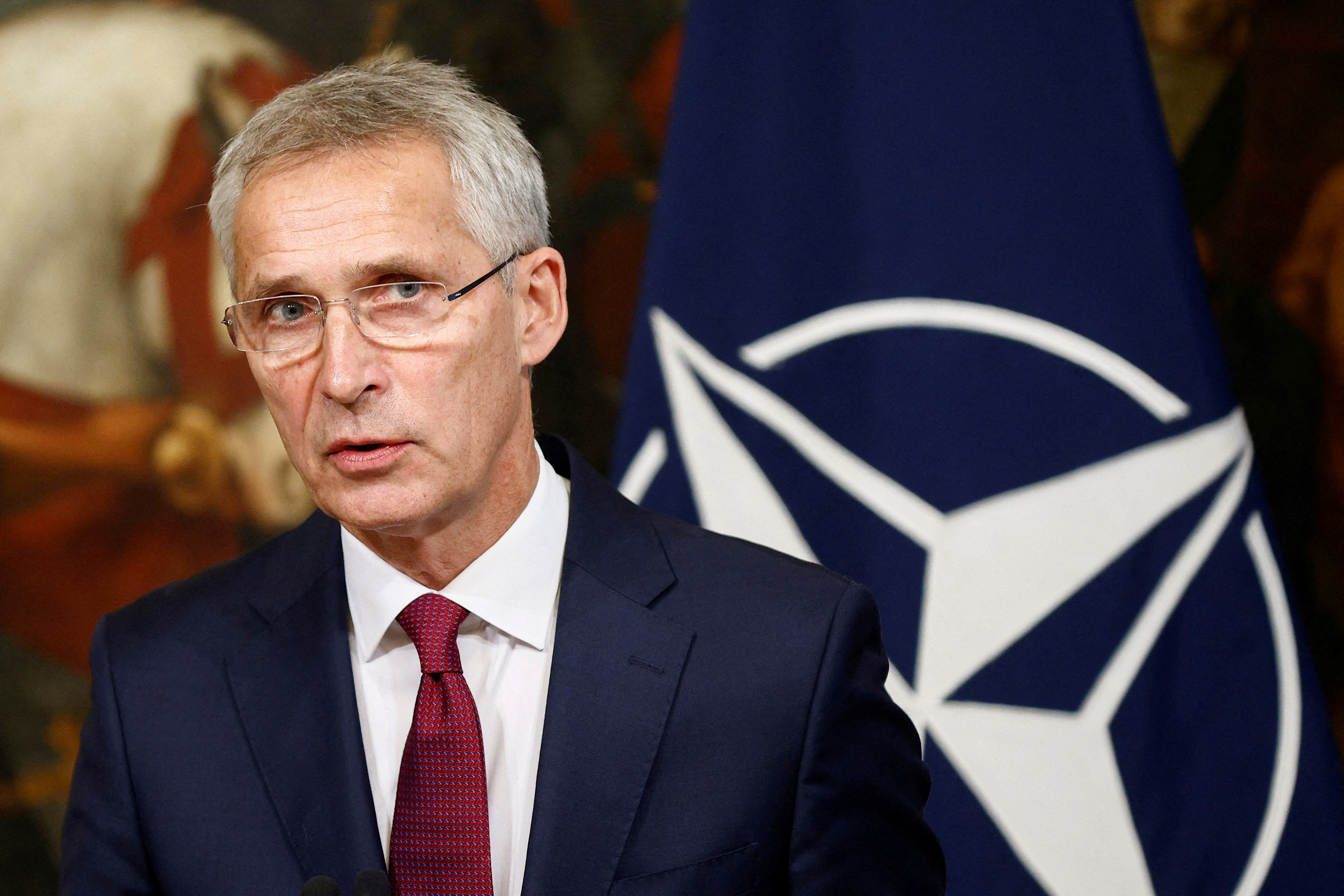NATO is a leading intergovernmental military grouping of 30 member nations that was established in the aftermath of World War II. The grouping functions under the framework of collective security. The headquarters of NATO is in Brussels
In recent years, NATO has been expanding its activities beyond its traditional areas of operation in Europe and North America and has increasingly focused on the Asia-Pacific region. This shift in strategy reflects the growing geopolitical importance of this region, which is home to some of the world's largest and most powerful economies, as well as some of its most significant security challenges.
One of the key drivers of NATO's pivot to the Asia-Pacific is the rise of China, which has become a major global power in recent decades. China's growing economic and military influence has led to concerns among NATO member states about the potential for conflict in the region, as well as the need to maintain a balance of power. In 2021, NATO Secretary-General Jens Stoltenberg stated that "China's rise has security implications for all NATO allies."

The ongoing conflict between Russia and Ukraine has also likely played a role in prompting NATO's expansion efforts, as the West sees this as an opportune time to contain the growing alliance between Russia and China
To address these challenges, NATO has been increasing its engagement with countries in the Asia-Pacific region, both through bilateral partnerships and multilateral initiatives. These efforts include joint military exercises, intelligence sharing, and capacity-building programs.
The question of whether NATO should expand its activities to the Asia-Pacific region is a complex and contested issue. While there are arguments for NATO's presence in the region, there are also compelling reasons why the alliance should not expand its activities beyond Europe and North America.
One of the primary arguments against NATO's expansion to Asia is that it risks exacerbating tensions in the region and undermining regional security mechanisms. The region already has a number of regional security mechanisms in place, including the ASEAN Regional Forum and the East Asia Summit, which are better suited to addressing regional security challenges than a non-regional actor like NATO.
The Association of Southeast Asian Nations (ASEAN) is an international organization that has 10 member countries in Southeast Asia: Brunei, Cambodia, Indonesia, Laos, Malaysia, Myanmar, the Philippines, Singapore, Thailand, and Vietnam.
In addition, NATO's expansion to Asia could be seen as a provocative move by China and Russia, potentially heightening tensions and increasing the risk of conflict. Some argue that NATO's presence in the region could also distract from its core mission of defending Europe and North America, and could strain the alliance's resources and capabilities.
Furthermore, NATO's involvement in the region could be perceived as a threat to the region's sovereignty and autonomy. Some argue that the alliance's expansion could be interpreted as an attempt to assert western influence and control over the region, which could lead to a backlash and further destabilize the region.
It's important to note that Asia has a complex history with western military powers, which has led to a certain level of skepticism and distrust towards foreign military intervention. The region has endured centuries of colonialism, imperialism, and exploitation at the hands of European powers, and has suffered through numerous conflicts that have been fueled by western interference.
In the aftermath of World War II, Asia experienced a wave of nationalist and anti-colonial movements that sought to rid the region of foreign domination. Many of these movements were successful, leading to the establishment of independent states throughout the region. However, the legacy of colonialism has left a lasting imprint on the region's politics and society, and has shaped attitudes towards western military intervention.
This history has made many in the region wary of western military powers, including NATO. Some argue that the alliance's presence in Asia could be seen as a continuation of western imperialism and an attempt to exert control over the region's affairs. Others fear that NATO's activities could lead to a further militarization of the region and a heightened risk of conflict.
Ultimately, the decision of whether or not to involve NATO in regional security issues will depend on a range of factors, including historical and geopolitical considerations, as well as the interests and priorities of individual countries in the region. The challenge for NATO will be to engage with the region in a way that is respectful of its history and cultural context, while also promoting the alliance's core mission of collective defense and security.
References:
- Buzan, Barry. "The Evolving Regional Security Complexes and Their Problems." Security Dialogue, vol. 28, no. 3, 1997, pp. 277-296.
- Emmers, Ralf. "The ASEAN Regional Forum and Regional Security in Southeast Asia." Contemporary Southeast Asia, vol. 24, no. 1, 2002, pp. 1-26.
- Mearsheimer, John J. "Why the Ukraine Crisis Is the West's Fault: The Liberal Delusions That Provoked Putin." Foreign Affairs, vol. 93, no. 5, 2014, pp. 77-89.
- Prabhakaran, V. "NATO's Role in a New World Order." Strategic Analysis, vol. 28, no. 4, 2004, pp. 687-697.
- Thayer, Carlyle A. "China's Reaction to the US Rebalancing to Asia." The Chinese Journal of International Politics, vol. 6, no. 1, 2013, pp. 53-88.




















